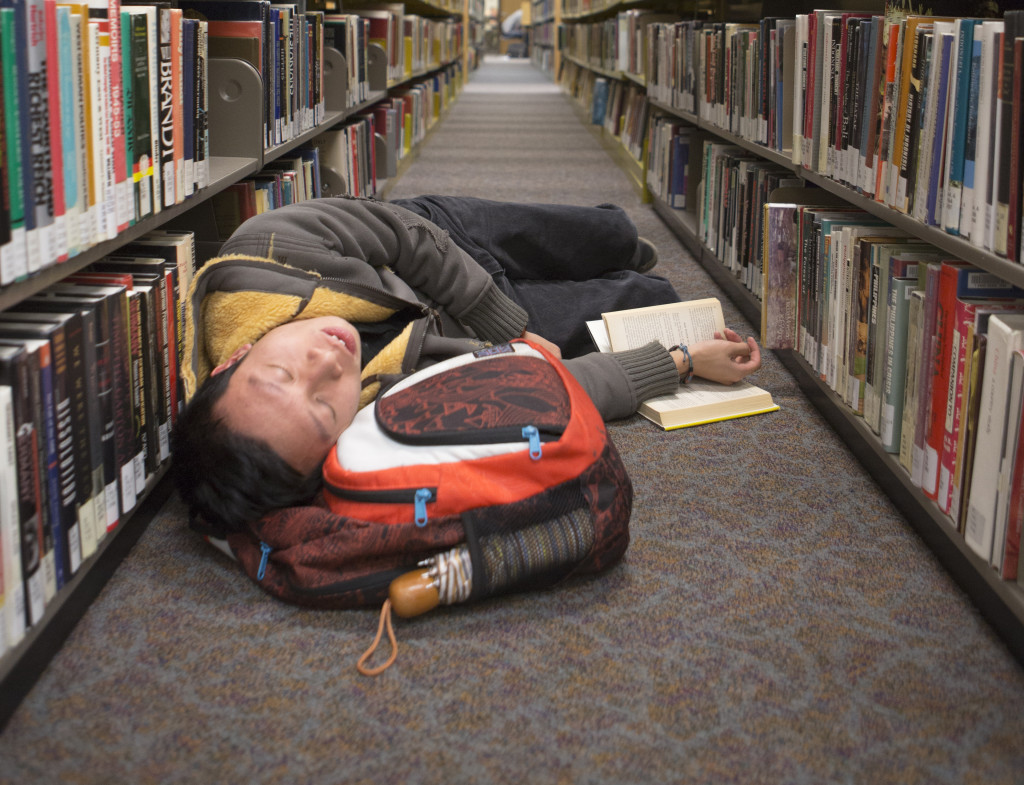
Psychosocial Rehabilitation conference held at Douglas College
By Aaron Guillen, Staff Reporter
In September, the Psychosocial Rehabilitation/PSR Canada, Mental Health Commission of Canada, and Psychosocial BC held their annual conference at the college to update various organizations on current programs and services being developed to help those with mental illness within BC and across Canada.
During the conference, leaders of organizations were urged to take action based on the information they learned at the conference. In the near future, PSR Canada is hoping to publish their findings in the Canadian Mental Health Journal.
“This is an opportunity to bring the mental-health community together to consider how we are applying recovery-oriented psychosocial rehabilitation practices across the province,” said Regina Casey, coordinator of Douglas’ Psychosocial Rehabilitation Graduate Diploma Program, in a press release.
Since the recent event, fresh eyes have turned to the graduate diploma program, which is one of the first focusing on psychosocial rehabilitation in the country. In a brief interview, Casey clarifies what will be expected of students while completing the diploma.
“It is an [online-based] evening program with four out of the five classes as night classes and the remaining course strictly online,” she said.
“There are two courses in the Fall semester, two more practical courses during the Winter, and a final three month course during the summer with 64 hours of practical work. We understand that most students have full time jobs, and this program has taken that aspect into consideration.”
When looking towards future career options, Casey shared a variety of occupations. In addition, she advises students to take one year of practical experience, as it is expected.
“It completely depends on what you come in with, as some new people will gain entry level jobs while others want to continue with school,” Casey pointed out.
“It varies, but most students end up continuing into social work, counselling, or occupational therapy. We’ve seen an array of how people choose to further their education, and some might end up in leadership roles within mental health organizations.”
Casey accredits Dr. John Higenbottam, coordinator of the Psychology Program at Douglas, for bringing the Psychosocial Rehabilitation program to life. It’s apparent that his tireless effort has gained tremendous support within the college.
According to the program’s page, the Graduate Diploma in Psychosocial Rehabilitation (PSR) provides invaluable knowledge for students in PSR practices within mental health settings. The program is highly recommended to practitioners looking to upgrade, or those with bachelor degrees wanting to enter the mental health field. With the necessary work experience, students can write an exam to become a Certified Psychiatric Rehabilitation Practitioner (CPRP), recognized internationally.
For students who are looking to the program with further questions, Casey encourages individuals to take a deeper look at the program page.
“[The Psychosocial Rehabilitation Graduate Diploma is] an avenue for people who work in a mental health system who are looking for credentials that enhance their employability,” she said.

